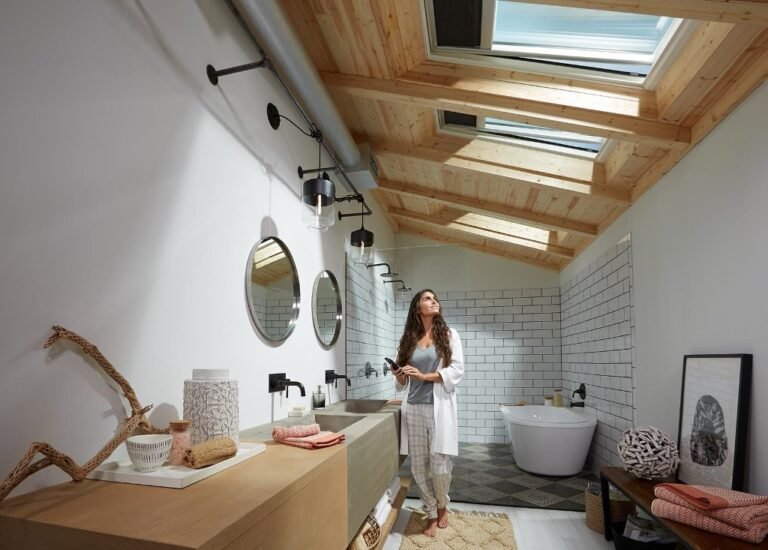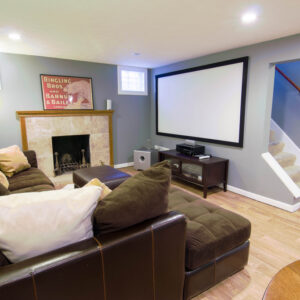For most people, buying a home ushers in a period of financial self-reflection unlike any they’ve experienced before. As you evaluate the many homes you’re likely to tour while searching for your dream house, purchase price and mortgage financing are probably the first factors you’ll consider. Gas, electric, water, and routine maintenance costs are also probably on your radar. But one significant cost some first-time buyers overlook as they create their home-buying budget is homeowner’s insurance.
Securing the best homeowner’s insurance for your needs takes some basic knowledge and simple research. Unless you’re paying cash for your home, the first thing you need to know is that homeowner’s insurance isn’t optional. All mortgage lenders will require that you carry a homeowner’s policy. (And even if you are paying cash, it’s downright foolish not to have homeowner’s insurance.) Your lending institution will also, to some degree, dictate how much coverage you need to buy. They have a financial interest in your home and setting a minimum level of insurance coverage is how they protect it. Unfortunately, they don’t pick up the tab; you do.

Broadly speaking, homeowner’s insurance protects you and your bank against two risks: property damage and liability. Property damage can range from a tree falling on your roof to an attic fire caused by a lightning strike. Coverage for stolen or vandalized property also falls under the general heading of property damage. Liability insurance protects you in the event of an accident. If a friend slips and falls while walking on your icy front steps, it covers the damages he or she suffers. It also covers the cost of your legal representation should you be sued following an accident.
Property damage insurance comes in two flavors. The first, known as actual cash value coverage, reimburses you the dollar amount that’s considered fair market value for any damaged property. For example, under an actual cash value policy, if your three-year-old top-of-the-line 65-inch TV set is damaged in a fire, your insurer won’t pay you the amount it would take to replace it with a new, comparable TV. Instead, you’ll get however much it would cost you to buy a three-year-old TV at a used appliance store or tag sale.

By contrast, replacement cost insurance will put enough money in your pocket to purchase a brand new TV. It will also pay the cost of recreating old-fashioned craftsmanship in your home. If your antique mahogany French doors or Victorian ceiling medallions are ravaged in a fire, replacement cost insurance will allow you to hire the experts you need to have them rebuilt to their original specifications. Bear in mind, however, that replacement cost insurance only applies to items you do replace. If you choose not to replace a damaged piece of property, your insurer will only pay you the actual cash value.
Most insurance experts offer one bit of common-sense advice. Take the time to walk around your house with your smartphone and take pictures of your belongings—particularly any jewelry, antiques and expensive electronics you may have there. If thieves break in or fire breaks out, you’ll have proof of what you lost. Taking photos can make the claims process simpler.

Depending on the size of your home and your zip code, you can expect a basic homeowner’s policy with no endorsements or riders to cost you between $1000 and $2000. The average cost of a homeowner’s policy in the US is $1192. The greater the size of your home, the more you will pay. Some insurers require that you pay your premium in one lump sum annually, while others allow you to pay monthly as part of your mortgage payment.
Most insurers offer a discount if your home features a security system. If you live in an older home, upgrading your electric service, installing new wiring, and replacing old plumbing can also bring down costs. Most insurance companies will discount both your home insurance and your auto insurance rates if you “bundle” them together. As is the case with any large purchase, it pays to shop around. Many websites can help you compare quotes from several insurers and help you get the best possible deal on your policy.




